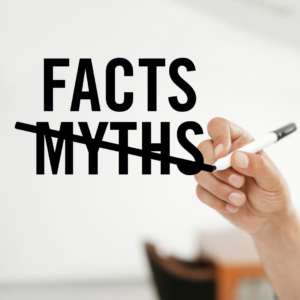What does it mean to be trusting of others?
Trusting is an essential human response for survival and growth. Trust in self and others constitutes the fundamental basis of personal development and relationships. Have you ever paused and wondered what makes you trust some people and not others? You may think that trust is based on behaviour, reputation, image or even background. However, that is far from the truth. How many times have we allowed ourselves to be hurt for trusting someone too quick? What if that is a lie? How many times have we allowed ourselves to be betrayed because we continued trusting others? What if the fault wasn’t in trusting but in the understanding of what we were trusting? Here are a few insights into the emotion of trust.
How do we trust?
We make judgments about whether to trust someone or not even before our brain fully perceives the characteristics of a person. As supported by the study published in the Journal of Neuroscience, trusting someone happens intuitively rather than rationally. However, once we choose to trust, we tend to justify the reasons for that decision by looking at his characteristics and behaviours.
What do we trust?
Trust is a willingness to be open, honest and vulnerable in front of others. However, the focus of trust is seldom on self. It is more about expectation from others not to hurt or harm us. That is a misapplication of trust. Trust requires us to be aware of what is rather than what you expect to be.
A case in reference is of a husband addicted to alcohol. He promises his wife that he will quit. The wife trusts his words without reading into the energy or trusting her awareness. He divorces herself from seeing what is. So everytime the husband breaks his promise by drinking alcohol, the wife goes into fury or grief for being let down. She misunderstands trust as expectation. Trust in this case would be – “I know he will drink alcohol even if he is promising otherwise”. Awareness brings a sense of lightness and expansion, which allows one to look for more possibilities to remedy the situation. However, trust misidentified as expectation creates anger, blame and guilt which further intensifies the conflict.
What would it take to develop trust in self and others?
Trusting your intuition and awareness is of utmost importance if you are to trust others. It is like a muscle you develop overtime. Here are a few exercises that would help develop trust in self and others:
Silent meditations to learn to be present with your body helps develop your intuitive centres.
Connect to your body and include it in day-to-day decision making. For instance, ask your body what it would like to eat, wear, drink, move and so on. This will improve your ability to listen to your intuitions.
Always ask a question and wait for the awareness to come to you. Can I trust this person? Can I trust this process? Your body will signal or you will get a clear message for a go ahead or stop (Give it a few times before giving up. Like a muscle, this takes time to build).
Be kind to yourself. Even if you have been hurt for trusting someone. Know that it is not the end of the world. Choose again. This time from awareness rather than expectation and blind faith.
What would it take you to trust what you know that no one else does?
Sonali Mittra
(Sonali Mittra is a certified therapist, leadership coach and facilitator)




